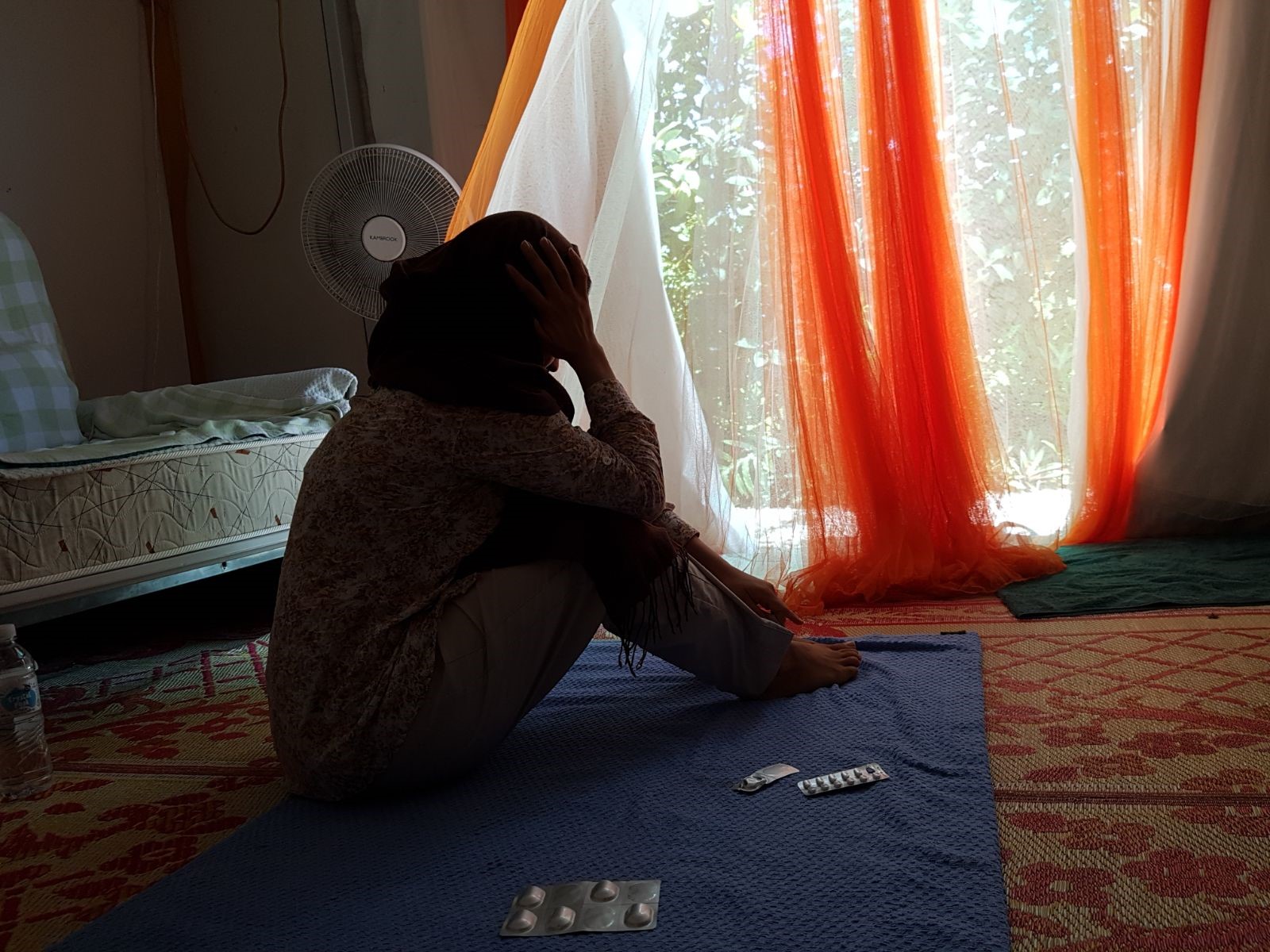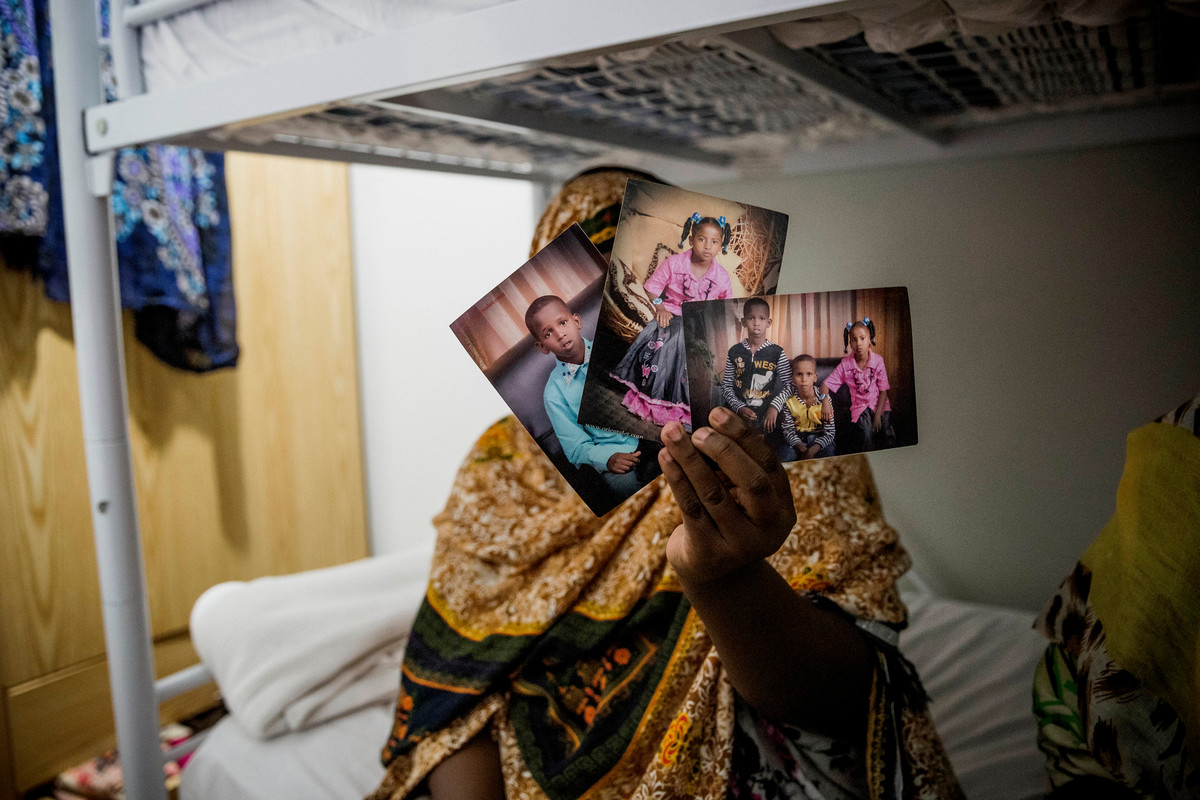Asylum levels remain low in New Zealand in 2011
Asylum levels remain low in New Zealand in 2011

CANBERRA, Australia - In its latest annual Asylum Levels and Trends in Industrialized Countries Report, released today, UNHCR noted that 441,300 people claimed asylum in the 44 industrialized countries covered by the study during 2011. This represented a 20 per cent increase from 2010, when 368,000 claims were submitted.
The largest relative increases were seen in southern European countries - which recorded an 87 per cent increase - largely driven by the numbers of people fleeing North Africa by boat. A large increase was also observed in North America, where new asylum applications rose by almost 25 per cent.
The largest number of asylum claims in 2011 were received in the United States of America (74,020), France (51,910), Germany (45,740), Italy (34,120), and Sweden (29,650).
Globally, Afghans were recorded as the largest nationality of asylum-seekers in industrialized countries, followed by China, Iraq, Serbia and Pakistan.
By contrast, the Report shows the number of asylum-seekers coming to New Zealand in 2011 remained extremely low, declining by nine per cent from 340 in 2010 to 310 in 2011.
Here, the largest nationalities of origin were Iran, Fiji, Pakistan, Bahrain, China and Egypt.
"This Report shows that New Zealand is very fortunate to be far from the main conflict areas of the world," UNHCR Regional Representative Richard Towle said today.
"However, the sheer scale of forced displacement around the globe - and this Report only includes asylum-seekers in the industrialized world - shows how important it is for New Zealand to provide solidarity and support for those countries that bear the greatest burden in helping some of the world’s most vulnerable people."
"New Zealand’s annual resettlement programme makes an important contribution that allows an additional 750 refugees a year to find hope and a future in this country."
"We also encourage New Zealand to working closely with its regional neighbours to help vulnerable refugees find protection and to rebuild their shattered lives in safety and security." he said.






